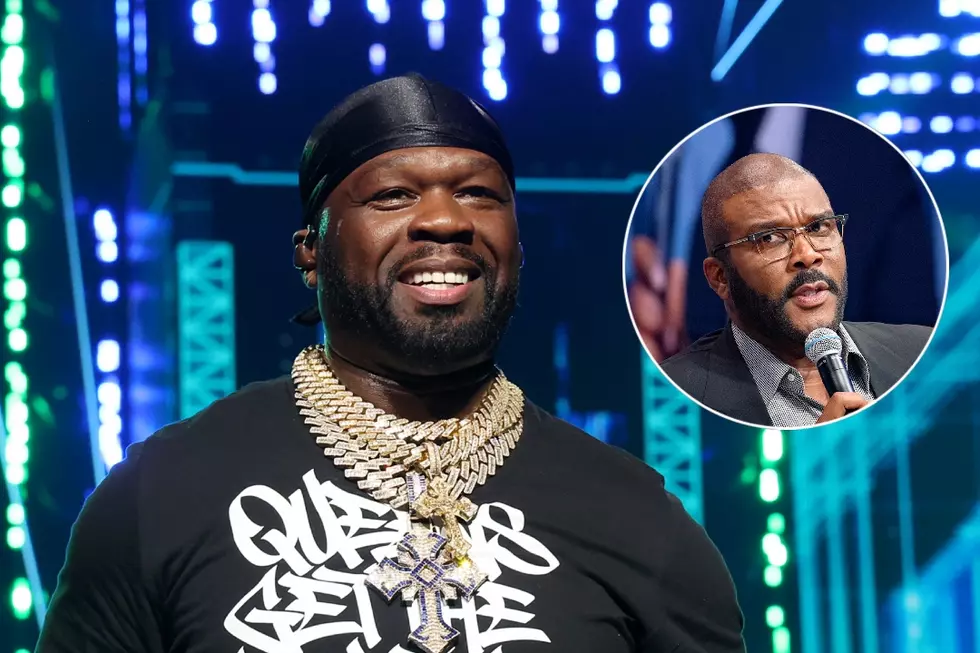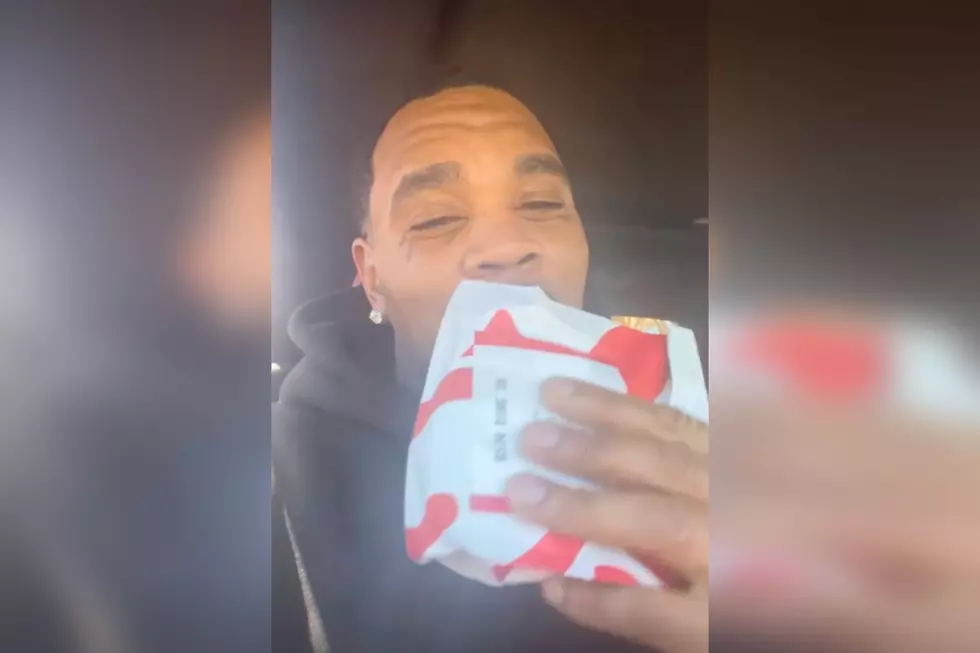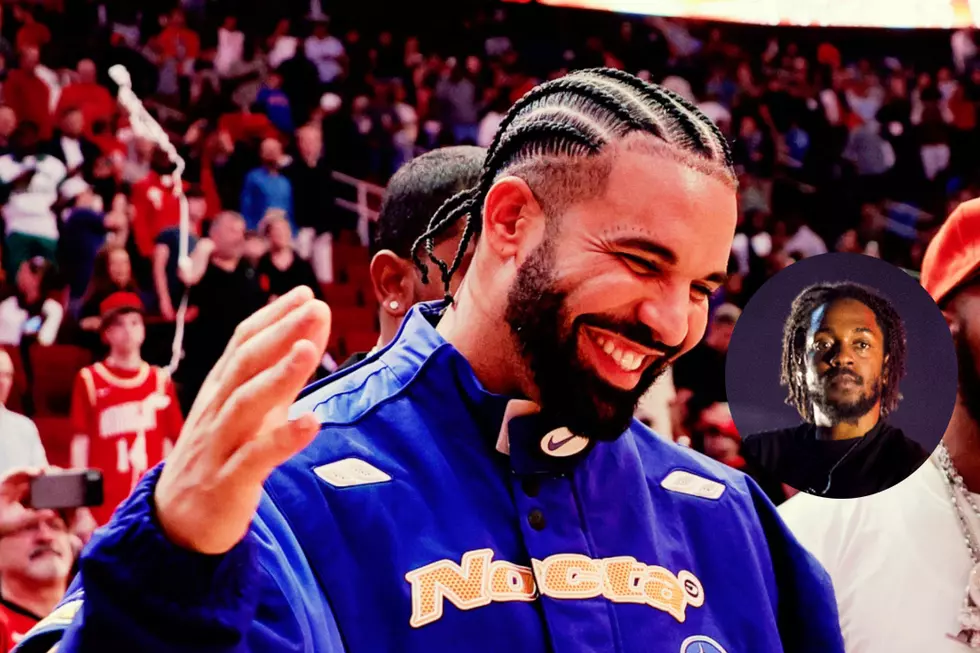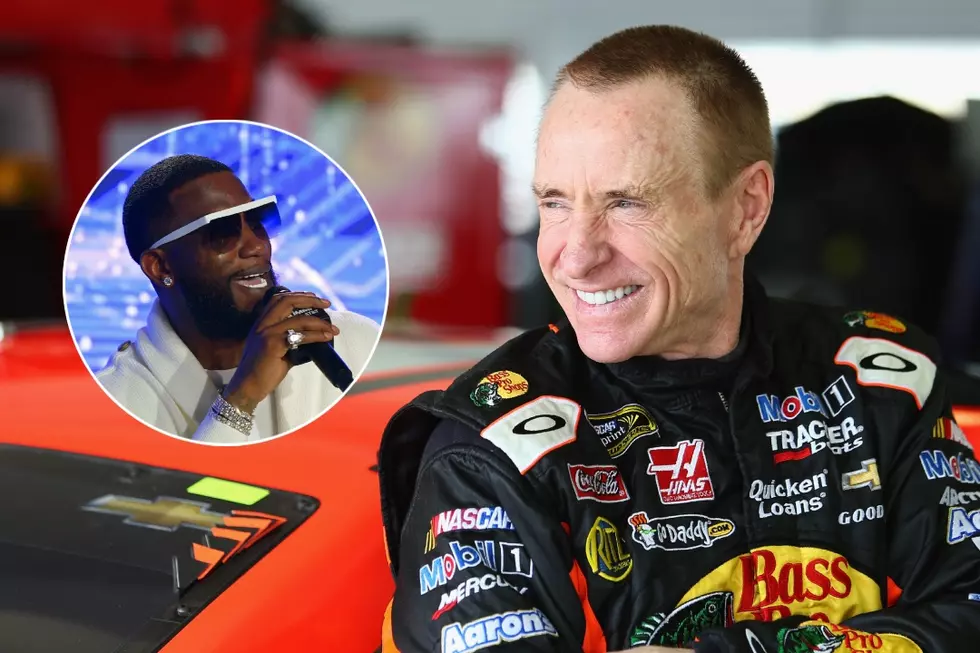Bow Wow
Mama I’m So Sorry

On August 5, 2006, Bow Wow became a man. There were plenty of witnesses. Paris Hilton led the sordid cast of characters on hand. Washed-up ’80s TV star David Hasselhoff was there. So was Mini-Me. Shoot, it was a Who’s Who of night-crawling A-, B-, and C-list celebrities. Bill Maher. Jose Canseco. Even Urkel and “that dude from Entourage” made the scene. It was a night to remember for the rapper born Shad Gregory Moss. For it was his first visit to the Playboy Mansion. It will not be his last.
“The grotto was popping,” he says nonchalantly. Then, more animated, “Do you know how many 19-year-olds would die to go to that place? Damn, there are cats in school right now, and I’m at the Playboy Mansion with half-naked girls in swimming pools and walking around topless.”
Just half-naked?
“They’re half-naked. But when a certain time hits, they get naked. You ever been before?”
Bow Wow attended the Midsummer Night’s Dream party at the request of Kendra
Wilkinson, a member of Playboy founder Hugh Hefner’s very blonde harem. He performed six songs, took some pics with Hef, wrestled with former WWE star Chyna and then, finally, mingled. “I’ve never been to a place where I’ve seen that many fine women,” he says. “I got so frustrated, because if you try to talk to a girl, by the time you leave her, there’s one right there even badder than her. It just keeps going, and I was like, ‘Damn, I have to get up out of here.’”
So did Bow Wow leave solo?
“Oh, you know. Oh, you know. Oh, when I left, I left. But I ain’t, you know. I’m a grown man, you know.”
If that anecdote makes you feel a little uncomfortable, you might not be ready to hear certain songs from Bow Wow’s fifth album, The Price of Fame. There’s an unabashed player’s anthem (“Give It to You”), a posse cut (“4 Corners”) where Bow raps alongside an ex-con (Pimp C), and an R. Kelly collaboration (“I’m a Flirt”) that, on principle alone, tests the boundaries of taste. It’s more grown-up than his last album, Wanted. The rhymes are more sophisticated; the beats, a little more threatening. It’s not a full-scale metamorphosis, though. He’s not rushing into anything. The first single, “Shortie Like Mine,” sounds like it might have been approved by a focus group of preteen girls. The change is gradual. Baby steps, one might say. And Bow Wow feels a little conflicted about that.
“I was definitely confused,” he says, sitting at a glass table in an austere Midtown Manhattan hotel room. “I’m grown-up and able to go to clubs and be at places where it go down at. So those are the things I’m going to talk about now. But it’s kind of hard for people to hear that coming from my mouth.” Therein lies the problem. Bow Wow is an adult in “real life,” but in the rap world, he’s still considered a teen MC. It’s almost like he’s hip-hop’s Peter Pan—not allowed to grow up.
 “Mentally, Bow Wow is 25 years old,” says So So Def Records founder Jermaine Dupri, who has mentored Bow Wow for nearly a decade. “That’s always a fight when you go into the studio with him. He wants to make way-older-sounding records. I told him, ‘Bow, this still ain’t the time.’”
“Mentally, Bow Wow is 25 years old,” says So So Def Records founder Jermaine Dupri, who has mentored Bow Wow for nearly a decade. “That’s always a fight when you go into the studio with him. He wants to make way-older-sounding records. I told him, ‘Bow, this still ain’t the time.’”
Dupri is wary of letting his young charge grow up too fast. He’s seen hardcore kiddie groups like Da Youngstaz come and go and regrets granting his first hit pubescent act, Kris Kross, such artistic freedom. “I fucked up on their second album,” Dupri says. The duo was 14 and 15 years old on 1993’s Da Bomb, the darker follow-up to the previous year’s quadruple-platinum Totally Krossed Out. “I took them where they wanted to go, and that fucked the whole plan up.”
Bow Wow was 13 years old when he released his first album, the double-platinum Beware of Dog. He’s 19 now. Still young, but consider this: Ice Cube wrote “Straight Outta Compton” at that same age. Bow couldn’t say “Fuck the police” even if he wanted—all cuss words on The Price of Fame are censored. “Every album is a straight-clean version,” he says with a frown. “When Sony [heard the album], they were like, ‘Oh my God, we got to clean it up.’ Now you are going to hear pauses [in place of the cuss words]. It pissed me off because
I really wanted the music to be done right.”
It was, of course, a business decision. And, ultimately, one with which Bow agrees. None of his albums has ever been affixed with a parental advisory sticker, and in light of some five million sold, he understands not messing with success. “You got to sell them records,” he says. “The little kids still look up to Bow Wow, and the parents are going to buy them records come Christmas time. A sale is a sale.”
Bow Wow achieved legal adulthood last year, though, and he did his darnedest to live it up while making The Price of Fame. There were trips to strip clubs (“Me and my crew, we make it rain, too”), to the car dealership (“I bought a [Rolls-Royce] Phantom—a week and a half later, I bought a Lamborghini Murcielago”), and to his movie premieres (The Fast and the Furious: Tokyo Drift). But when he was six songs into recording, Bow’s mood darkened. “I ain’t gonna front,” he says. “I broke down. I didn’t even want to rap no more. I didn’t want to work no more. I just wanted to move somewhere away from all this. I’ve been on my grind rapping since I was five years old—that’s 14 years of this nonstop. It really got to me.”
Strangely, when Bow Wow will next speak with XXL—over the phone, a month later—he’ll deny ever suffering from burnout. His mother, Teresa Caldwell, claims her son is “a workaholic who gets depressed when he’s not working.” But the breakdown was serious enough that Bow didn’t work for several weeks. “He wasn’t himself,” Caldwell says. “He just didn’t want to do anything anymore. He didn’t want to live anymore. He felt like his life was over, like he had done everything.” Caldwell sent her son inspirational quotes from the Bible and enlisted his godfather, New York Jets running back Curtis Martin, to aid him. Finally, a pep talk from Dupri got Bow Wow back into the studio.
----
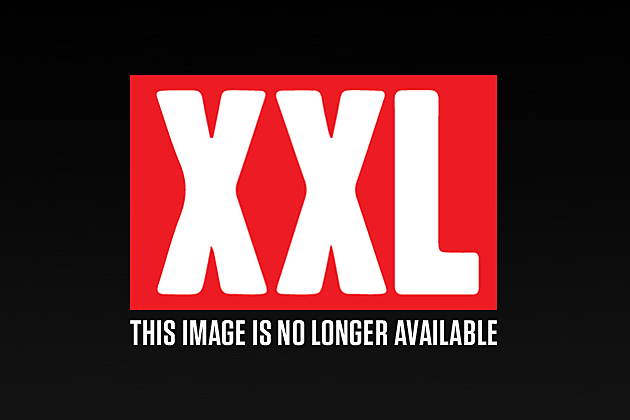 Read the rest of our interview with Bow Wow in XXL’s March 2007 issue (#89)
Read the rest of our interview with Bow Wow in XXL’s March 2007 issue (#89)
More From XXL
